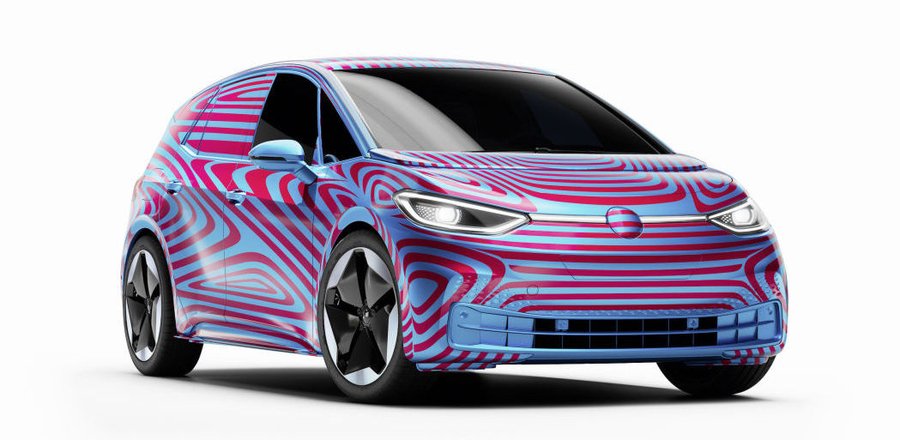Volkswagen Group's Vision 2030 strategy could bring revolution to the brands

One would expect a corporate plan called "Vision 2030," looking 11 years ahead through wildly tumultuous times, to involve great change and numerous forks in numerous roads. According to Automobile's breakdown of Volkswagen's path forward, though, the plans contain some lurid potential surprises. The ultimate aim is return on investment, and that means ruthless reorganization of a conglomerate with eight primary car brands, two car sub-brands, and Ducati motorcycles.
The first two Vision 2030 cornerstones Automobile mentions are near boilerplate: Production network restructuring, and "streamlining of key technologies." The latter two are the ones that could upend what we know as the Volkswagen Group: focusing on the Group's core brands — meaning Audi, Porsche, and VW — and transitioning to EVs, autonomy, and other mobility solutions. Based on the report, a quote from Audi's CTO referring to the Audi brand could cover how the Group plans to handle all of its brands: "We need to find a sustainable solution for the indefinite transition period until EVs eventually take over."
The boutique divisions adjacent to carmaking, Ducati and Italdesign, look likely to be spun off. For the halo car brands — Bentley, Bugatti, and Lamborghini — apparently shareholders want double-digit returns on investment, and the trio doesn't have long to hit the target. One eyebrow raiser is when the report states, "Bugatti is tipped to be gifted to [ex-VW Group Chairman] Ferdinand Pïech." Piech fathered the Veyron during his tenure at VW, and it was thought he commissioned the La Voiture Noire, but he's lately stepped so far back from VW that he sold all his shares in the Group.
Automobile quoted a senior strategist as saying of money-losing Bentley, "Why invest on a backward-looking enterprise when you can support a trendsetter? A proud history and excellent craftmanship alone don't cut it anymore." We guess no one at Ferrari, McLaren, or even Porsche got that memo. Bentley is reportedly close to being put in time out, and if brand CEO Adrian Hallmark can't right the Crewe ship, the hush-hush Plan B is to prop the Flying B up enough to lure a buyer.
As for Lamborghini, caught between two masters at Audi and Porsche, even record-breaking numbers at the Italian supercar maker barely staved off sacrilege. It's said that VW brand CEO Herbert Diess considered putting a 5.0-liter Porsche V8 into the Aventador successor.
Audi, Porsche, and Volkswagen have the most stable long-term prospects in Vision 2030, which still means a big move to EVs. The VW Group wants 70 EVs in the lineups by 2028, with more than 40 percent of products across all brands being EVs by 2030. This could include the creation of a dedicated EV brand within the group - not the ID lineup - focused on young urban users, selling up to ten different bodystyles in the subcompact segment to cover everything from hatchbacks to shuttle vans.
Concepts that could be thrown against the wall as soon as this year include an electric pickup at Monterey Car Week, a five-door crossover inspired by the New Beetle, an ID roadster at next year's Geneva Motor Show, an electric Karmann Ghia and VW Thing revival, a road-going retail version of the ID R, a full-sized ID.8 or ID.9 sedan, and an electric successor to the Phaeton.
Concurrent with the EV wave, plug-in hybrids will proliferate with three battery sizes and four trim levels: Pure, Range, Range S, and GTX. All of which means a rework of the platform strategy that kills the SPE architecture Porsche had developed for sports cars and supercars. Instead, only VW's MEB, the Audi- and Porsche-developed PPE for premium products, and Porsche's already-superseded J1 for the Taycan and Audi E-Tron GT, will live. To get more money out of the J1, it could slide under two more Audis, a Bentley, and a 2+2 Lamborghini.
Related News
